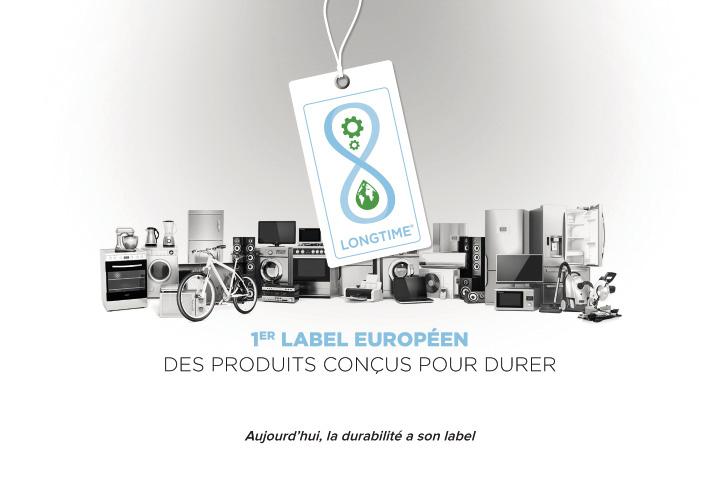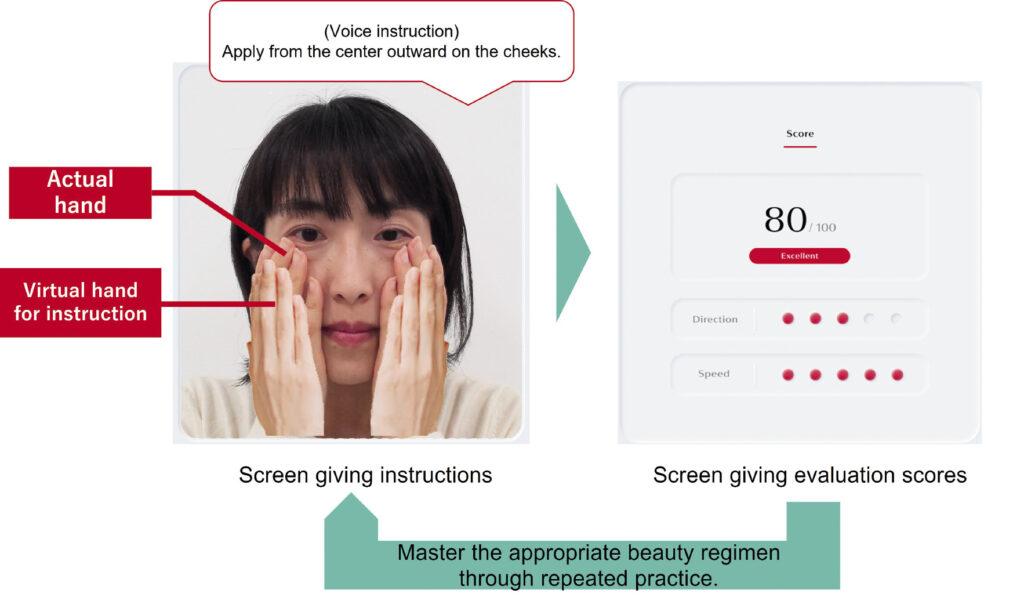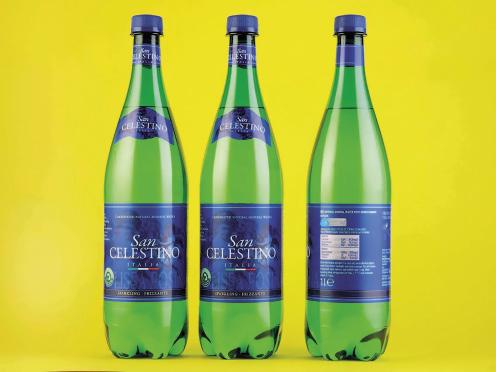With the spread of AI, everything that humans create can become premium
Let’s take look at consumption trends. In 2024 – just like last year – health will be at the forefront of consumers’ minds, but cost, value, the environment and sustainability will also drive shopping habits. We can’t ignore concerns about the impact of artificial intelligence (AI) either.
This article is available for reading in Trade magazin 2024/2-3
Man and machine
In recent years advances in technology and AI have made life and work more efficient. Unlike the technologies of the past that were used as tools, today’s rapidly evolving AI-based technologies appear to have the potential to outperform humans in many areas. Amid the search for balance in the use of emerging technologies, everything that makes humans human – emotions, empathy, creative ideas and the need to connect with fellow humans – is therefore becoming more valuable. Brands and consumers are increasingly turning their attention to uniquely human elements as opposed to faceless algorithms. A new label of human-as-premium could emerge in the market, identifying human performance as a premium quality.

Biosensor informs you about your body’s hydration level during exercise
Beyond the money
Everyone has a different idea of the “value” of a product or service, but it is clear that tighter budgets are forcing consumers to put their desire for value on a more realistic basis. Mintel believes that sustainability, convenience and brand heritage will remain important product attributes, but brands need to focus attention on these from a quality perspective, by demonstrating how these characteristics make a product functionally better. Consumers will continue to associate with brands that represent their values, but they are also inclined to turn away from brands that no longer fit their values for whatever reason. Eight out of 10 US consumers believe that a retailer’s own brand is a reflection of the quality of the business as a whole.

LONGTIME® label created by the French company Ethikis and used since 2019, is a tool promoting responsible consumption and production
A renaissance of connections
Access to a wide range of communication tools, innumerable messages, video calls and the stress of social media has led to burnout for many people. Traditional spaces of connecting with others – the office, the family TV set – have been replaced by remote work, home office and personal devices, leading to a fragmentation of the web of relationships. Personal relationships are vital to one’s well-being: according to Mintel’s trend forecast, 7 in 10 Thai consumers find it easier to maintain healthy habits with others than alone, and 6 in 10 Americans prefer to spend their leisure time with family and friends rather than alone.

Shiseido helps consumers with beauty care with a new app
A positive outlook amid global anxiety
While most people expect prices to rise again this year, political instability and climate events such as forest fires, floods and extreme temperatures remain a cause for concern, according to Ipsos. It is important for brands to help consumers to accept the complexity of their real emotions, rather than pushing “toxic positivity”, because when they do, they are able to put negative events into perspective and refocus on what is important. Innova Market Insights predicts that for consumers the way out of global anxiety and uncertainty is to spend more time with family and friends, and to focus on local issues.

Lidl is the first UK retailer to introduce a water bottle containing Prevented Ocean Plastic
A new green reality – sustainability is a must
Consumers are beginning to understand that a passive approach to environmental challenges isn’t enough: a more radical collective response is needed. Sustainability can no longer be just a sales driver, and consumers who are anxious about climate change are increasingly distrustful of the environmental initiatives of brands. Mintel data reveals that 6 out of 10 Americans think many companies are only seemingly sustainable. This is forcing brands to communicate their practices and impacts in an open, credible and understandable way to consumers, instead of just using green terms such as “eco-friendly” all the time.
The happiness of everyday life
Consumers are looking for health and pleasure more than ever, whether it is the place they choose to relax or the healthy food they eat – says Innova Market Insights. One in two consumers is trying to focus on moments of happiness in their daily lives. According to Innova, one in three consumers is worried about access to affordable healthcare and is looking to invest in prevention, and they turn to a variety of sources for advice and information. Statista predicts the rise of online lifestyle coaching.
Technological support
Mintel believes that technology can help consumers in balancing health and pleasure, and in preparing for a longer and healthier life, by simplifying and streamlining diet planning, related shopping and cooking. AI, augmented reality (AR) and other technologies can be used in retail, in the form of real-time shopping assistance, e.g. push notifications, personalised alerts, etc. Plant-based foods form part of the concept of healthiness, even if 2023 wasn’t a great year for the category, as the growth slowed and many of the companies in the sector – Beyond Meat, The Meatless Farm Co. and Plant & Bean – struggled.
Even our breakfast is changing
While the claim that breakfast is the most important meal of the day still holds true, the category is undergoing big changes, claims online magazine Retail Dive, saying that manufacturers will have to work hard to keep up with changing consumer attitudes. Research reveals that fewer Americans are eating breakfast these days – data from Statista shows that last year only 35% of US consumers had anything to eat this early in the day. Analysts predict a slow but steady decline in breakfast cereal consumption, partly due to consumers turning away from processed staples. Circana data reveals that volume sales of ready-to-eat cereals dropped roughly 8.5% and 3.5% in 2021 and 2022, respectively.

For Generation Z, the change also involves having a first date in the gym while working out or outdoors hiking instead of going out for a coffee or a drink
Home-centred lifestyle
One in four of the consumers who reconnected after the pandemic continue to spend more time in their homes than before, turning their flats and houses into some kind of “sanctuary”. More time spent at home also means having an impact on how rooms are furnished and how spaces are used, as well as creating new occasions and demands. The change in occasions is driving demand for new and sophisticated home experiences, plus practical and convenient solutions. //
Related news
Protein, gut health and mental wellbeing – these trends will shape global food innovation in 2026
🎧 Hallgasd a cikket: Lejátszás Szünet Folytatás Leállítás Nyelv: Auto…
Read more >PwC Global CEO Survey: CEO confidence at a five-year low
🎧 Hallgasd a cikket: Lejátszás Szünet Folytatás Leállítás Nyelv: Auto…
Read more >Smart shoppers in Hungary: AI shapes spending decisions
🎧 Hallgasd a cikket: Lejátszás Szünet Folytatás Leállítás Nyelv: Auto…
Read more >Related news
The Store of the Future opens again at the SIRHA Budapest exhibition! (Part 3)
🎧 Hallgasd a cikket: Lejátszás Szünet Folytatás Leállítás Nyelv: Auto…
Read more >








